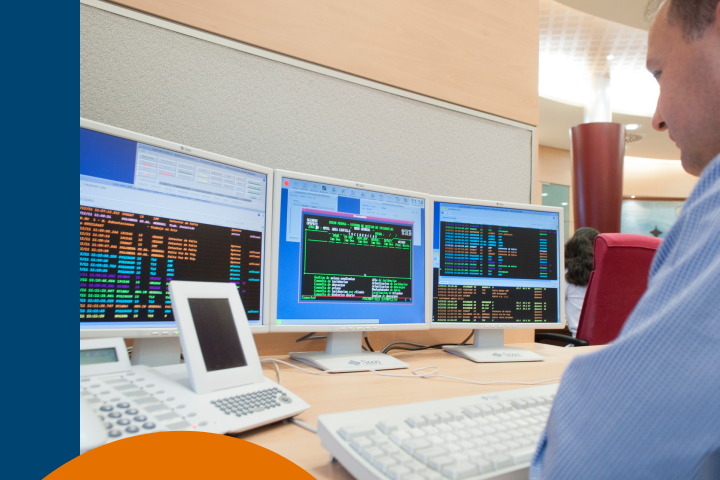Vice President and Minister of the Presidency, Public Administrations and Justice in the Xunta de Galicia [Regional Government of Galicia], Alfonso Rueda, and UFD Director, Raúl Suárez, have signed an agreement that establishes priority and specific bilateral information and communication channels. This is to optimise operating times and resources when managing incidents and emergencies that affect UFD facilities in Galicia.
Under the agreement, communication guidelines will be established between AXEGA and UFD centres for incident and emergency management, so that both parties are informed of incidents produced in the distributor’s facilities or in those of users connected to its distribution networks. The aim of the agreement is to streamline the exchange of information when an incident requires the intervention of external healthcare, public safety, civil protection, fire-fighting or rescue services.
Communication channels will stay open 24 hours a day and every day of the year in order to provide an immediate, swift and efficient response when managing incidents and emergencies.
One of the objectives of the UFD and AXEGA agreement is to improve operational coordination when power cuts affect large areas, and in particular to facilitate access to the most remote areas during adverse weather conditions, as well as giving priority attention to special supplies such as hospitals, residences and official buildings.
Bilateral communication for incidents and emergencies
Under this agreement, UFD will provide all necessary information, in a swift and smooth way, to CIAE 112 Galicia (the integrated emergency response centre) regarding incidents produced at UFD facilities in Galicia that could require the response of external services.
For its part, CIAE 112 Galicia will inform UFD of any emergencies they know about at their facilities or anywhere in the distribution network where the company is likely to operate.
The agreement also establishes that AXEGA and UFD will work together to examine and develop protocols for joint action with regards to communication, prevention and intervention in emergencies and citizen protection. In addition, there will be training events where the parties exchange visits to the respective facilities in order to become acquainted with them. This will maximise efficiency of the coordination, collaboration and cooperation set out in this agreement.

